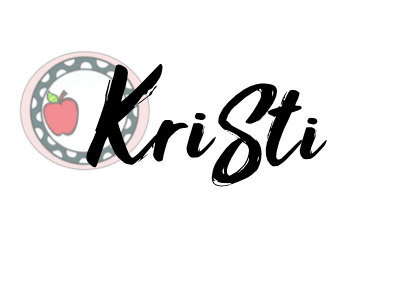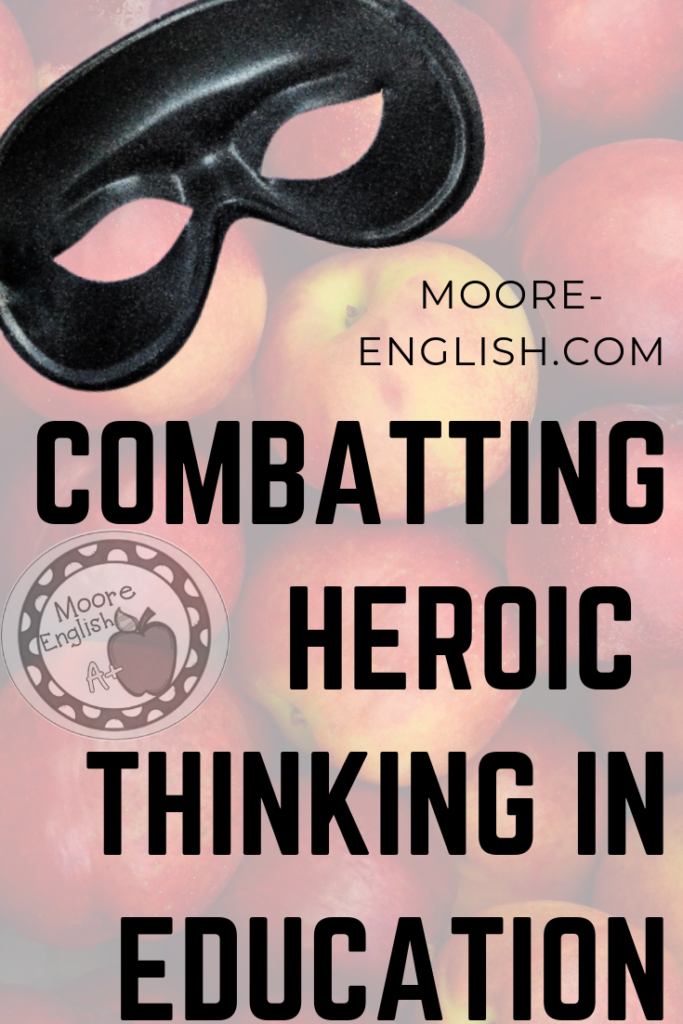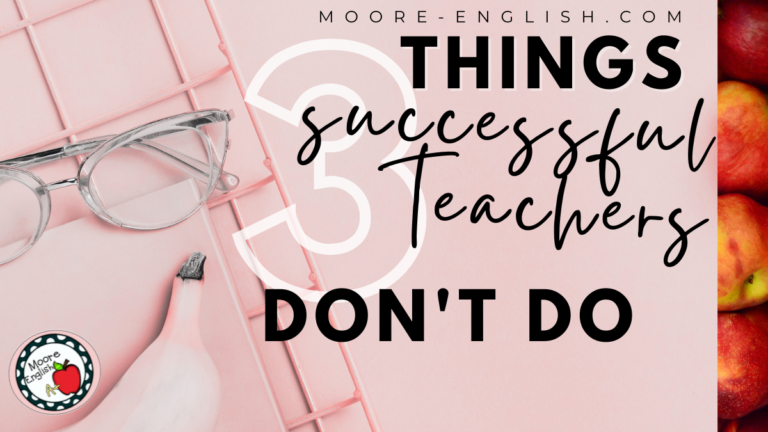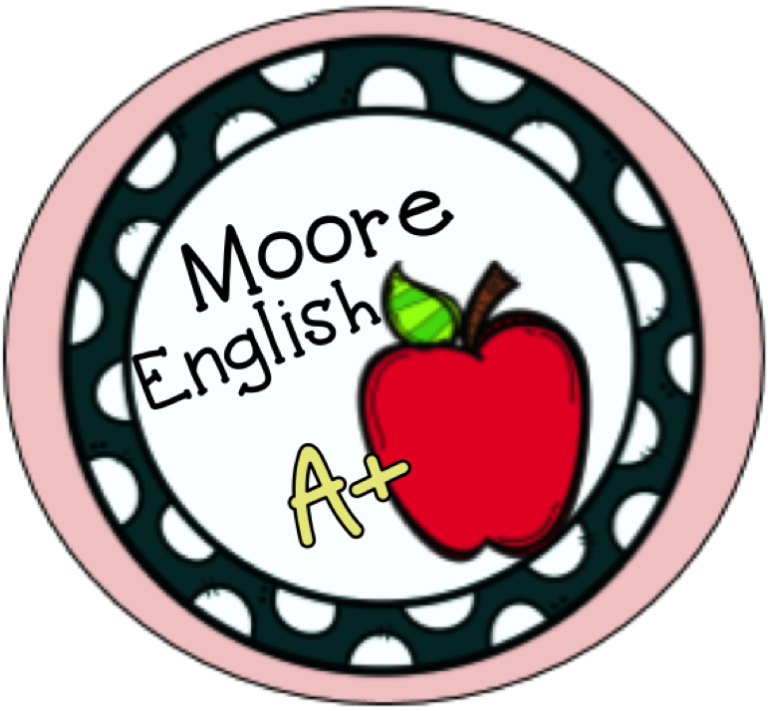My sophomores recently finished acting out William Shakespeare’s Julius Caesar, so today they had a Socratic Seminar discussing some of the play’s most contentious issues. Were Brutus’ actions justified? Did Caesar deserve death? Is rhetoric dangerous? In particular, my students were eager to discuss the play’s hero: is it brooding, patriotic Brutus or eloquent, deft Mark Antony? Which figure would be the best leader for Rome? In other words, my students wanted to know who was in the best position to save Rome.
Unwittingly, my students were buying into heroic thinking, which can be every bit as dangerous as Antony’s oratory. Heroic thinking recognizes a problem and seeks a white knight to solve the problem. Like the Roman people, education is no stranger to heroic thinking. In education, heroic thinking suggests that systemic problems (low literacy rates, high absenteeism, deep inequity, outmoded funding mechanisms) can be solved by bold keynote speakers, one-day professional development, and leadership turnover. Like the quest for perfection, this kind of thinking stymies progress and growth for teachers and students. Instead of heroic thinking, education needs connection, compassion, and coalition.
This post this post may contain affiliate links. Please read the Terms of Use.
Connection
As Shakespeare’s plays often reveal, humans are “not very good at telling stories about a hundred people doing things.” Instead, we prefer stories with “lone and exceptional heroes” touched by destiny. Something makes such figures special (a lightning bolt scar, eternal youth, a peg leg), so heroes are somehow above the Everyperson that they are supposed to represent. In trying to be like everyone, these figures end up above and apart. And isolation is not an effective agent of change.
Instead of isolation, change comes from connection. In “When the Hero is the Problem,” author Rebecca Solnit reflects on the problems associated with isolated, lone leaders. She writes that “positive social change results mostly from connecting more deeply to the people around you than rising above them, from coordinated rather than solo action.” This makes a lot of sense. After all, the best teachers put relationships first with students because we know that relationships and trust provide the foundation from which growth occurs. The same is true when considering education’s systemic problems. Any changes that education encounters will come from groups that are tightly connected–whether those groups are in Oklahoma, Kentucky, or Los Angeles.
How do groups grow tight? They tell stories. Limiting stories to the tale of the heroic individual fails to give listeners a chance to see “what could be.” Such single stories prevent listeners from recognizing their potential as agents of change. In other words, educators must get better at telling our stories. As teachers, we often struggle to celebrate our own successes, but we have to share them. We cannot horde our stories and successes but must pass them on and share them. This is how we connect with one another, with our students, and with our communities. We tell our stories.
Compassion
Storytelling is a special window into someone else’s life and worldview. Telling our stories allows others to follow Atticus Finch’s advice and try on someone else’s skin for a while. In other words, storytelling elicits both connection and compassion. These positive emotions are the truest change agents–and they exist in everyone, not just with the destiny-burdened orphans.
Lone hero stories may be exciting, but readers often pity Gatsby rather than empathize with him. Readers may enjoy an Arthurian legend, but Arthur’s crown puts up clear barriers. The greatness of such characters often relates to or extends from typically masculine characteristics such as physical strength or the ability to wield a lightsaber (this invites a critical lens).
However, as Solnit points out, the virtues required for change “are those traditionally considered feminine…listening, respect, patience, negotiation, strategic planning….” In other words, the skills needed to be a storyteller are also those skills most likely to drive and affect change. Storytelling creates connections, and from those connections, we learn compassion. All fields and aspects of human life, education included, benefit from such experiences. In particular, education can combat heroic thinking by promoting compassion.
Coalition
With connection and compassion, teachers can form a coalition. In Julius Caesar there is, of course, a coalition: the conspiracy to assassinate the tyrant. However, the conspiracy was held together by ambition and fear, not by compassion. Its actions were selfish rather than selfless. A coalition of educators can affect more change through compassion than thirty senators wielding daggers.
As Solnit reminds readers, “our largest problems won’t be solved by heroes.” The problems in education are myriad: low literacy rates, high absenteeism, deep inequity, outmoded funding mechanisms, etc. But none of these problems can be handled with a sword and shield. Instead, considering and confronting these issues requires careful planning, negotiation, organization, and coordination. These actions require the insight of the collective, but large-scale buy in comes from groups, not individuals.
Of course, as teachers, we often find problems outside our control. In these situations, our initial reaction may be to shut the door and teach, but Solnit points out that “the narrative of individual responsibility protects stasis” rather than promotes progress and growth. In other words, ignorance favors oppression. Instead of complacency or apathy, an interconnected group of teachers telling their story can stand in opposition. It is collective action that leads to change.
Epilogue : Heroic Futures
Unfortunately, Rome could not be saved. As my sophomores could tell you, tyranny is as much a problem in Julius Caesar as ignorance. From the first scene, Shakespeare casts the common citizens as incapable of questioning the narratives around them. For this reason, educators must be telling our stories, not letting someone else speak for us. Teachers, tell your stories, connect with one another, have compassion for one another, and surround yourself with others who complement your story, who lift you up rather than break you down. Abandon heroic thinking. Look not for the heroic individual but for the connection, compassion, and coalition that truly affect chance.








